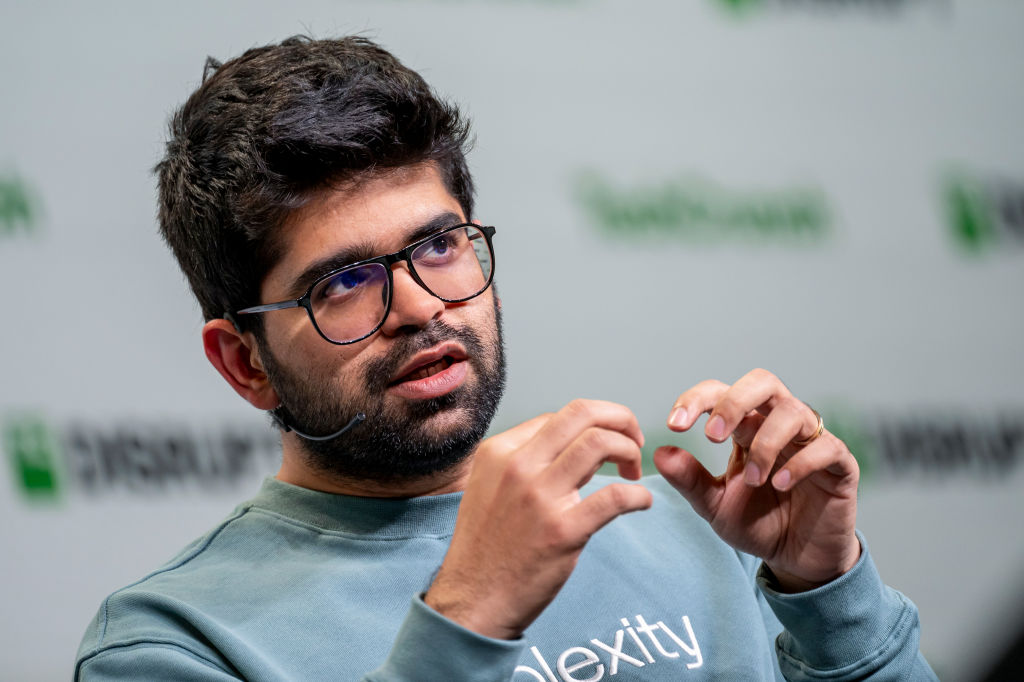Perplexity Aims to Challenge Google with Browser Tracking for Ads
Perplexity is not content with merely competing with Google – it aspires to emulate the tech giant. CEO Aravind Srinivas recently revealed on the TBPN podcast that the company’s motivation for developing its own browser is to gather data on users’ activities outside of the Perplexity app. This data collection is intended to enhance targeted advertising efforts.
Srinivas explained, “One of the reasons we wanted to create a browser is to extend our data collection beyond the app itself, in order to gain a deeper understanding of user behavior. Many interactions with AI assistants are work-related and may not reveal personal insights. By tracking external activities such as online purchases, hotel bookings, and browsing habits, we can create more comprehensive user profiles.”
Perplexity believes that users of its browser, named Comet, will appreciate the personalized ads resulting from this data tracking. Srinivas stated, “We plan to leverage this contextual information to improve user profiles and potentially display relevant ads through our discover feed.”
Despite encountering setbacks, Comet is slated for launch in May according to Srinivas. The company’s strategic partnerships, such as the collaboration with Motorola to pre-install the Perplexity app on the Razr series, indicate its ambition to penetrate the mobile market. Talks with Samsung further exemplify Perplexity’s expansion efforts.
While Perplexity’s approach echoes Google’s tactics for ad targeting, other tech giants like Meta and Apple also engage in similar practices. Meta’s Pixels technology tracks user behavior across the web, even for individuals without Facebook or Instagram accounts. Apple, despite its privacy-focused image, utilizes location tracking for advertising purposes in certain apps.
However, the widespread data tracking by tech companies has sparked concerns among consumers and regulators alike. The disclosure of Perplexity’s advertising strategy amid ongoing antitrust scrutiny faced by Google adds an ironic twist to the narrative. As Google battles legal challenges over alleged monopolistic practices, companies like Perplexity and OpenAI have expressed interest in acquiring Google’s Chrome browser business if mandated by authorities.
In a landscape where user privacy and competition are under intense scrutiny, Perplexity’s bold endeavor to leverage browser tracking for advertising underscores the evolving dynamics of the tech industry.

